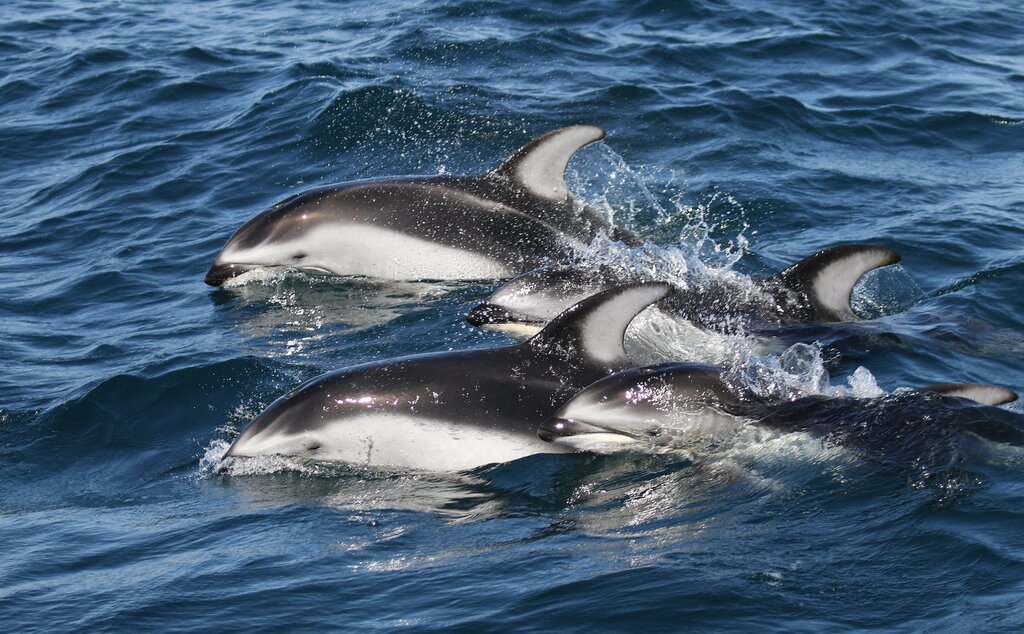A superpod of 1,428 white-sided dolphins were caught in the annual whaling hunt that takes place in the Faroe Islands, sparking renewed outrage from international conservation groups regarding the whaling tradition.
—
What is Happening?
- More than 1,400 dolphins were killed in the Faroe Islands in what many believed to be a record high catch.
- The practice of dolphin hunting is part of an annual whaling tradition in the territory, and this year’s hunt was authorised by the local government despite stricter regulation in recent years.
- International conservation groups have condemned the practice for many years, but the sheer number of dolphins killed in this year’s hunt sparked renewed outrage for the tradition to end.
The killing of more than 1,400 white-sided Atlantic dolphins on Sunday, September 12, in the Faroe Islands renewed international outrage over its local annual whaling tradition. This year’s hunt is believed to be the largest single hunt in the territory’s history.
The Faroe Islands are an autonomous territory of the Kingdom of Denmark, located just 370 km north-west of mainland Scotland. Their practice of sea mammal hunting, which is also known as a grind, has been part of their local culture for hundreds of years. It involves locating and driving a pod of sea mammals utilising boats and jet-skis, and are killed as they are forced towards shallow waters. The carcasses are later distributed for local consumption.
The Faroese government has taken greater action in regulating the territory’s whaling tradition in recent years, implementing strict guidelines on the authorisation of hunts and how the practice should be conducted.
You might also be interested: Whaling Resumes in Japan and the Consequences of It
Each hunt needs to be approved by local authorities when a pod is spotted, which was given this year despite record high numbers. The previous record was 1,200 in 1940 and 900 in 1879. However this year, locals, even those involved with the hunt, were shocked by the sheer numbers of white-sided dolphins.
The government claims that an average of 600 pilot whales are caught every year under their sustainable whaling programme, whereas as little as 10 white-sided dolphins were recorded to have been caught in 2019.
Many local Faroese still support the centuries-old tradition of whaling, saying that it is a sustainable food source as well as an important part of their cultural identity. Marine conservation groups including Sea Shepherd, have deemed the practice to be unnecessarily cruel, and branding this particular hunt to be a “brutal and badly mishandled” massacre.
The practice of whaling has received wide attention in recent months following its coverage in the Netflix documentary, Seaspiracy, which premiered earlier this year.
Featured image by: Flickr


















